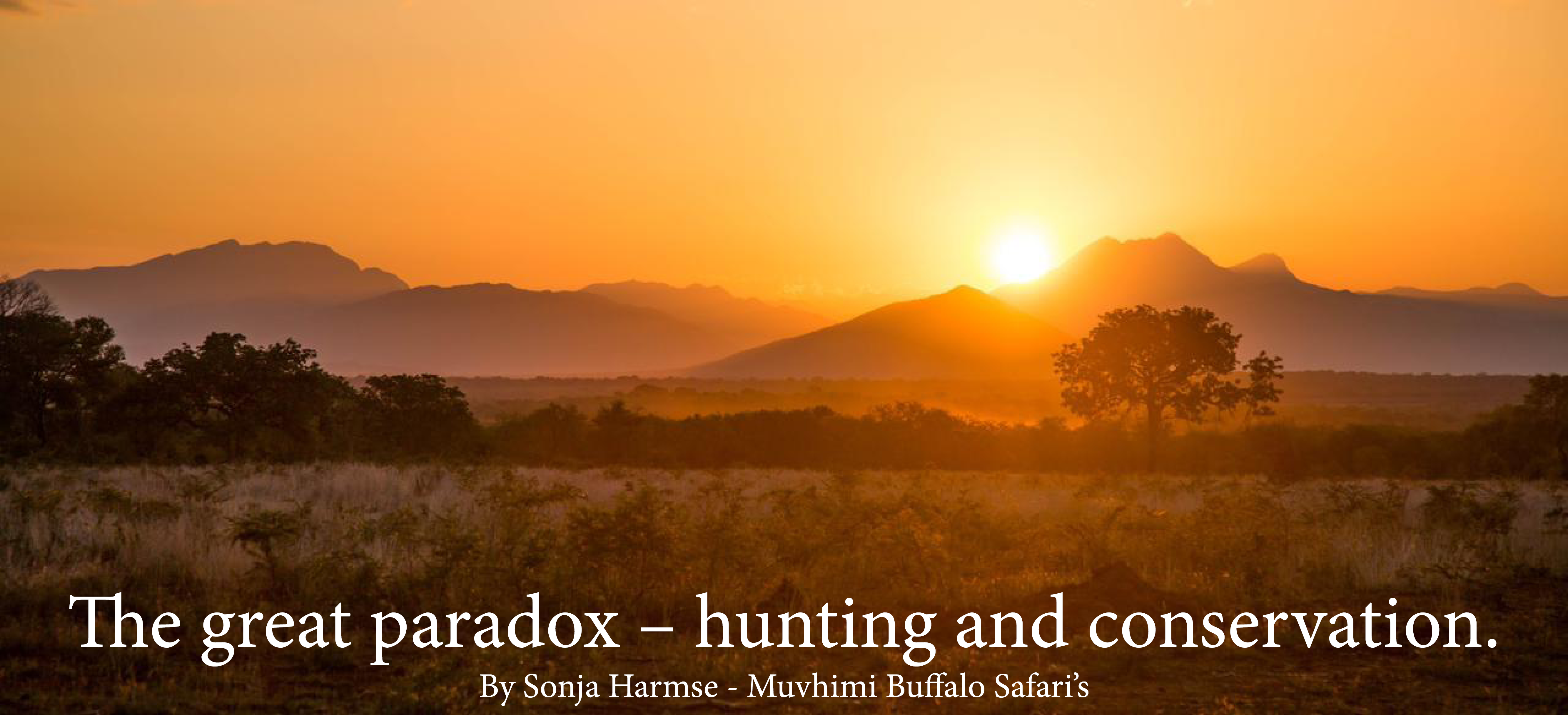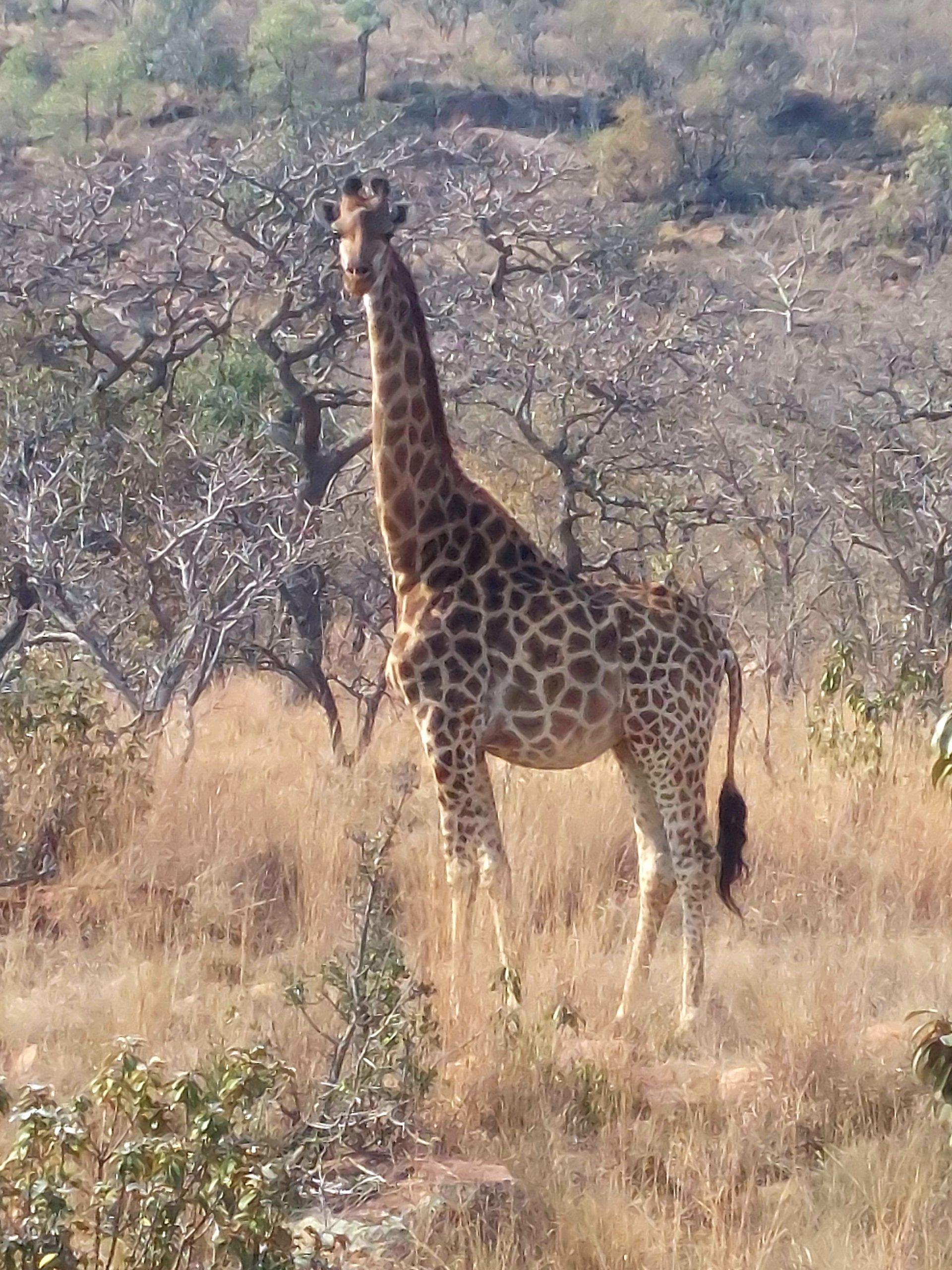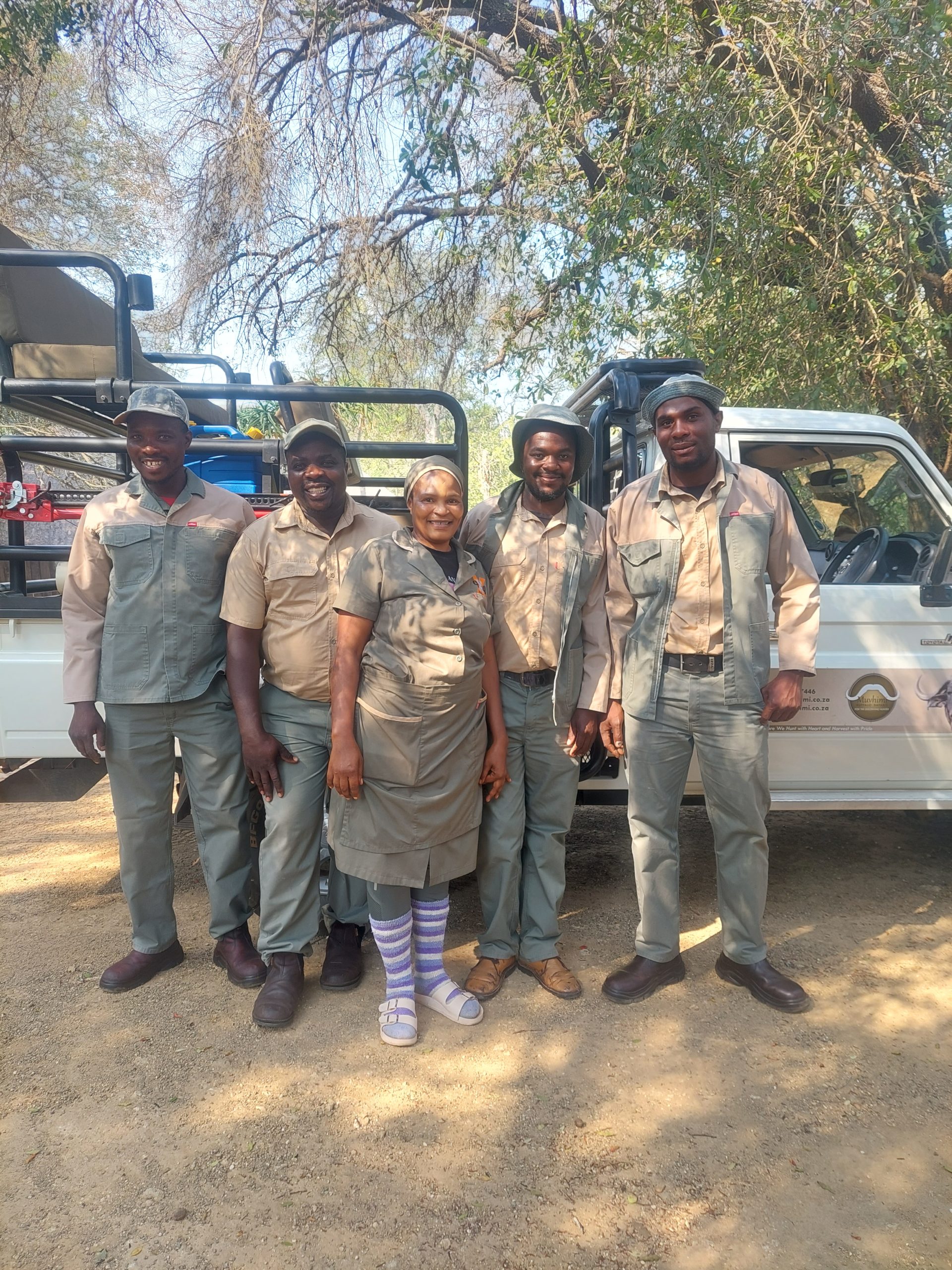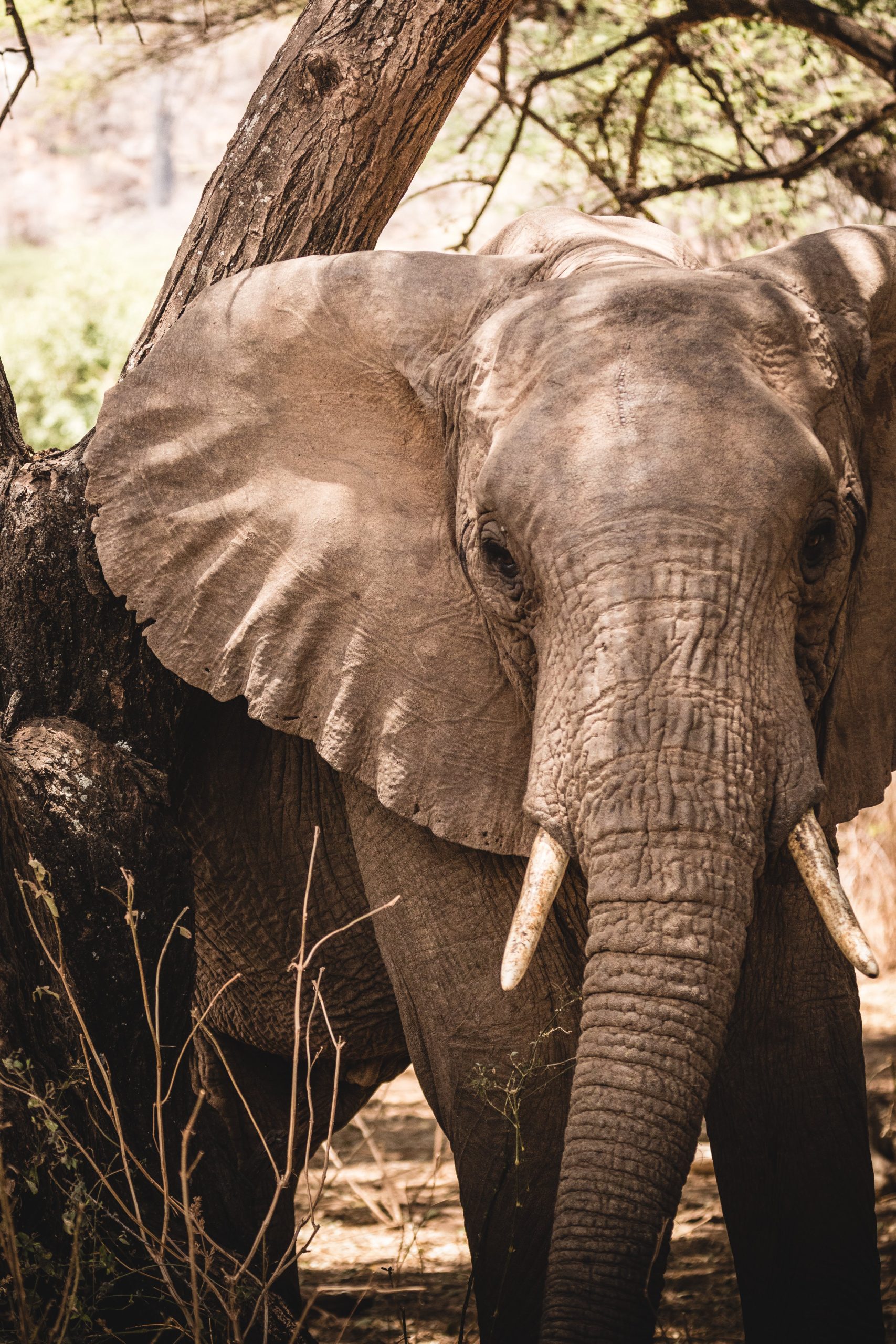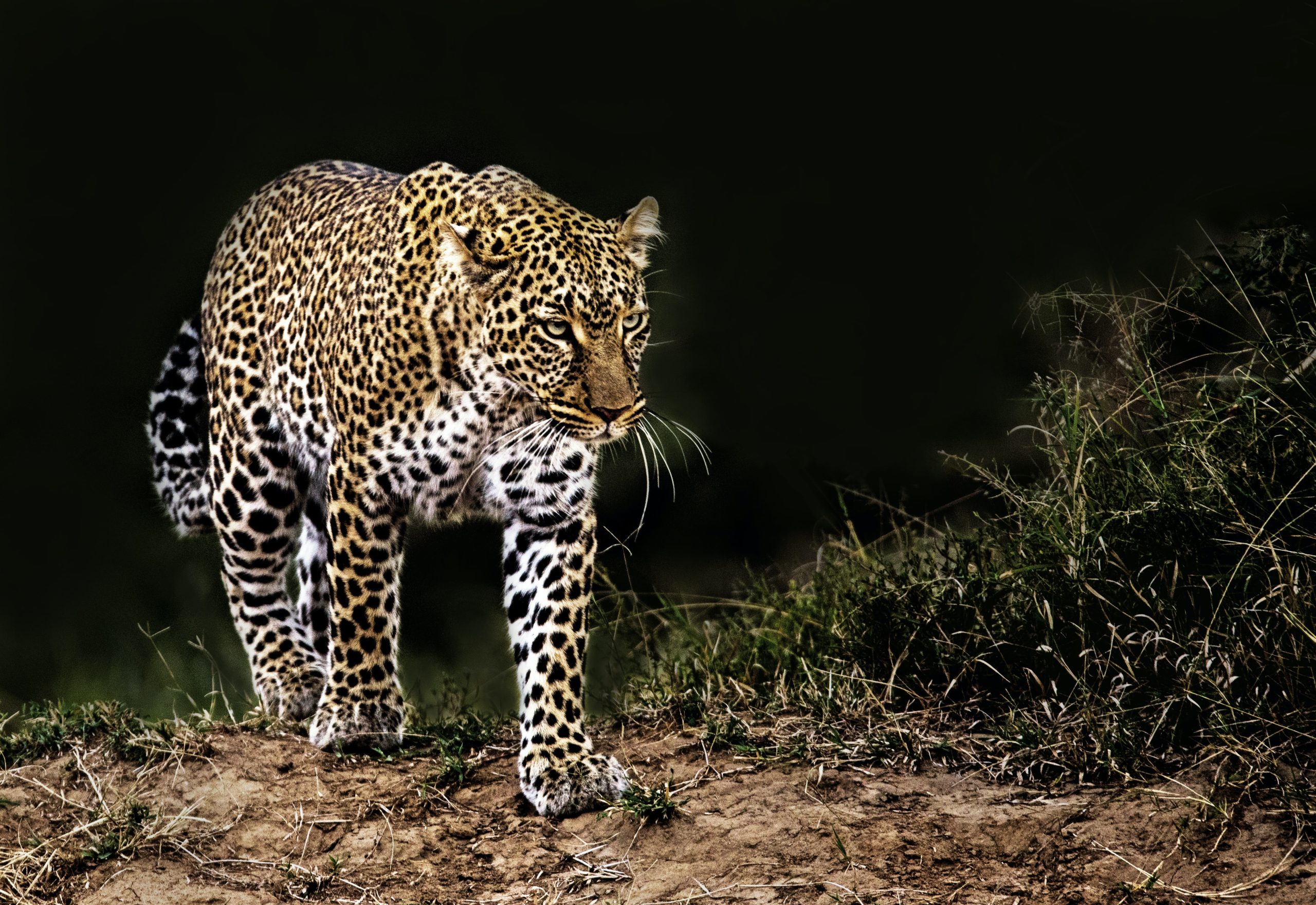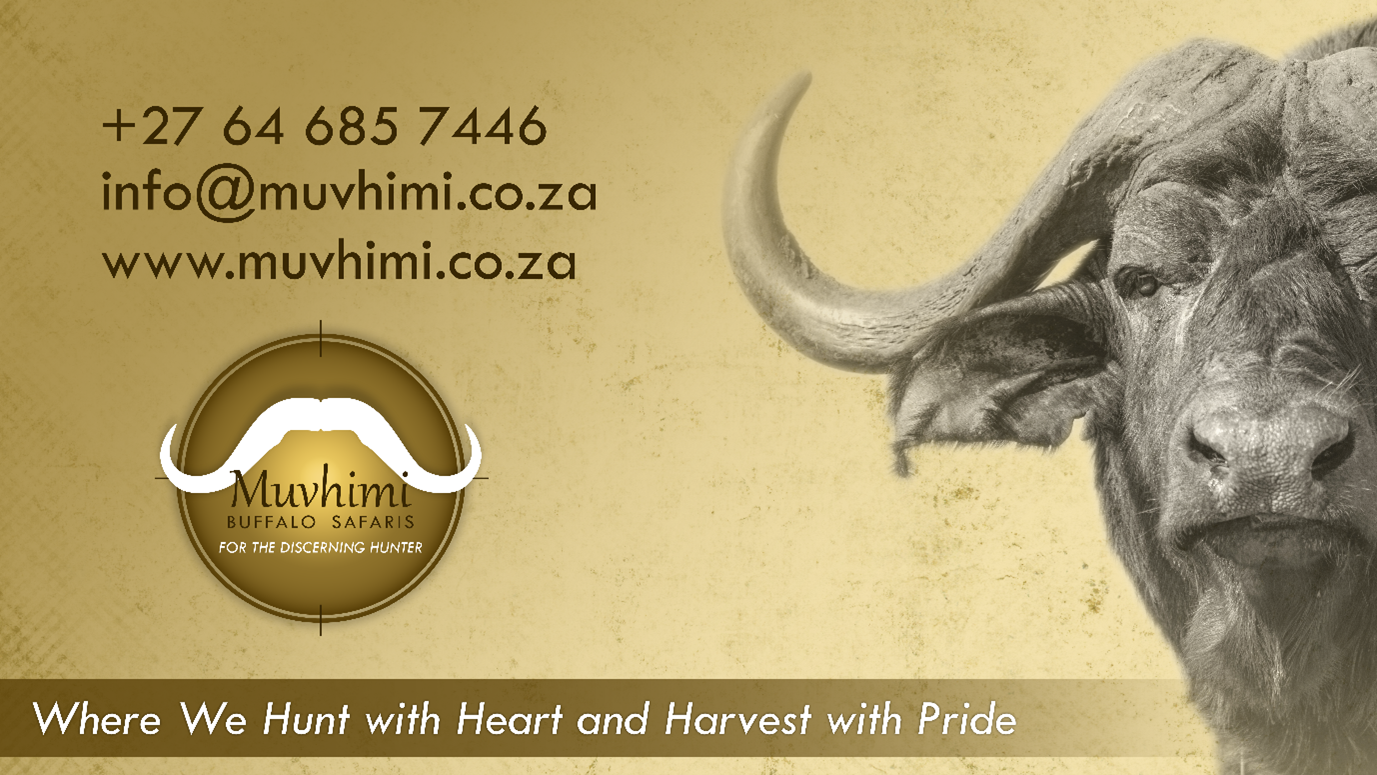As an intense lover of animals and a bit of a greenie, working in the hunting industry seems like a wonderful contradiction. I suppose that I am quite the walking contradiction myself, since I am fond of meat, especially game meat, yet the most delicious burger I have ever eaten was a meatless delectable creation at a Vegan festival. Growing up with hunting, and later marrying an avid trophy hunter, who is also a Professional Hunter, forced me to explore the links between hunting and conservation. I was always comfortable with the notion of hunting for meat, but trophy hunting was something I did not truly grasp. I had this idea that trophy hunting was an egotistical sport, pursued by guys who had money to throw at animals so they could hang a trophy on a wall to brag. Harvesting a trophy antelope seemed more acceptable, due to the meat being used for biltong and dry wors. It was with animals like elephant, the cat species and even hippos and giraffes, where I needed to be further educated.
I am not one to jump to conclusions based on what others say, and even less so when it comes to anything circulated via print or social media. I prefer to delve deeper into things, to understand them fully and then come to my own conclusions. Over the years I have had many conversations with my husband and other professionals in the industry about trophy hunting. I have watched trophy hunting videos and read books about the topic. I have attended PHASA meetings where topic of hunting and its role in conservation of our wildlife, was addressed by experts in the field. I have also witnessed the negative impact hunting restrictions and hunting bans have had on the wildlife, economy and people of the countries who implemented them. Further to that, being involved in the industry, and spending time with clients on hunts, have taught me that most trophy hunters have an ethical attitude when it comes to hunting and the role it plays in conservation. The respect that is shown by these men and women to animals being hunted is something to behold. Much emphasis is placed by Outfitters, landowners and PH’s on the harvesting of older animals who have past their prime, to ensure the best genes are preserved. In the areas where hunts are conducted near villages, all the meat from the trophy animals are given to the people. For these villagers, hunters equal food and even employment. The relentless poaching of animals decreases as there is suddenly more value to a live animal than a dead one. When villagers set snares to poach animals, there is no regard for age, sex or even the type of animal that will fall prey to this cruel death, whereas a paying hunting client will often spend many days and walk for hours with their PH to carefully select the animal to be harvested.


